What is Your Leadership IQ? Part 2
 Our focus for this tip is on the application of knowledge and skills toward the goal of improving your leadership.
Our focus for this tip is on the application of knowledge and skills toward the goal of improving your leadership.
IQ or intelligence is defined as the ability to acquire and apply knowledge and skills especially towards
a purposeful goal.
Application is the difference between knowledge and wisdom. Knowing the right thing is insufficient, it’s doing that demonstrates your ability to evaluate something and then to follow the best course of action, based on knowledge.
To boost your leadership IQ, once you’ve acquired the knowledge and skills needed to achieve your objectives, you need to apply it. The gap between knowing and doing is the difference between smart and successful. Smart doesn’t get you anywhere until you do something with it.
- Create a new habit – habits make patterns and patterns produce outcomes. If you want new outcomes, you need new habits. The Power of Habit is a terrific resource that outlines simple steps in reprogramming your habits. Rather than use will power to attempt to behave differently and close the know-do gap, create a new habit.
- Pain is stronger than gain. The pain principle says that, although we may seek immediate gratification (which is rewarded with feelings of pleasure) most people will seek to avoid pain over gaining pleasure. Loss aversion comes from economic and decision theory. It refers to the tendency to place a higher value on avoiding pain than on achieving gain. Use this to reframe your thinking about the application of your leadership knowledge. For example, negative conversation can unravel all the positive reinforcement you intentionally do to celebrate people’s strengths and accomplishments. Rather than tell yourself that you shouldn’t talk negatively about someone, reflect on the pain that you’d feel if someone talked about you in that manner. Consider how you are undermining your leadership legacy and reducing your effectiveness when you talk negatively. Another example is to use a negative consequence if you do not follow through on a commitment you’ve made to yourself. Decide on an amount of money that you will donate to a charity (or political campaign) that you disagree with. Then when you are tempted not to follow through on your personal commitment, remember that you are going to give your money away to something offensive. You may be surprised at the incentive this potential pain provides.
- Track your progress – you do more of what you measure. Think about how you can quantify the application of your leadership skill. For example, we worked with a leader who was a great visionary. She was a magnificent role model by behaving in ways that were consistent with her expectations she had for everyone around her. However, she also was very critical of decisions and solutions that didn’t align with her expectations. She recognized that in order to bring out the best in her team, she needed to give them space to learn on their own rather than tell them the answer. (her leadership IQ application) So she created a worksheet where she would capture the problem or issue, then as a team member made a decision they’d mutually document that decision and the expected outcome. It took a little time but it gave her an objective way to help people learn to “sink or swim” on their own. She knew that she’d be able to revisit the decision with the person to assess whether the decision made sense in hindsight. This measurement of decisions and their outcomes created a learning opportunity rather than criticism and morale deflation from a post decision recap.
More books, classes and knowledge is only half the equation to raising your leadership IQ. You must put this into action. Whether you build new habits, use pain to reinforce the change or track your progress, find ways to implement what you know and your leadership will grow.

